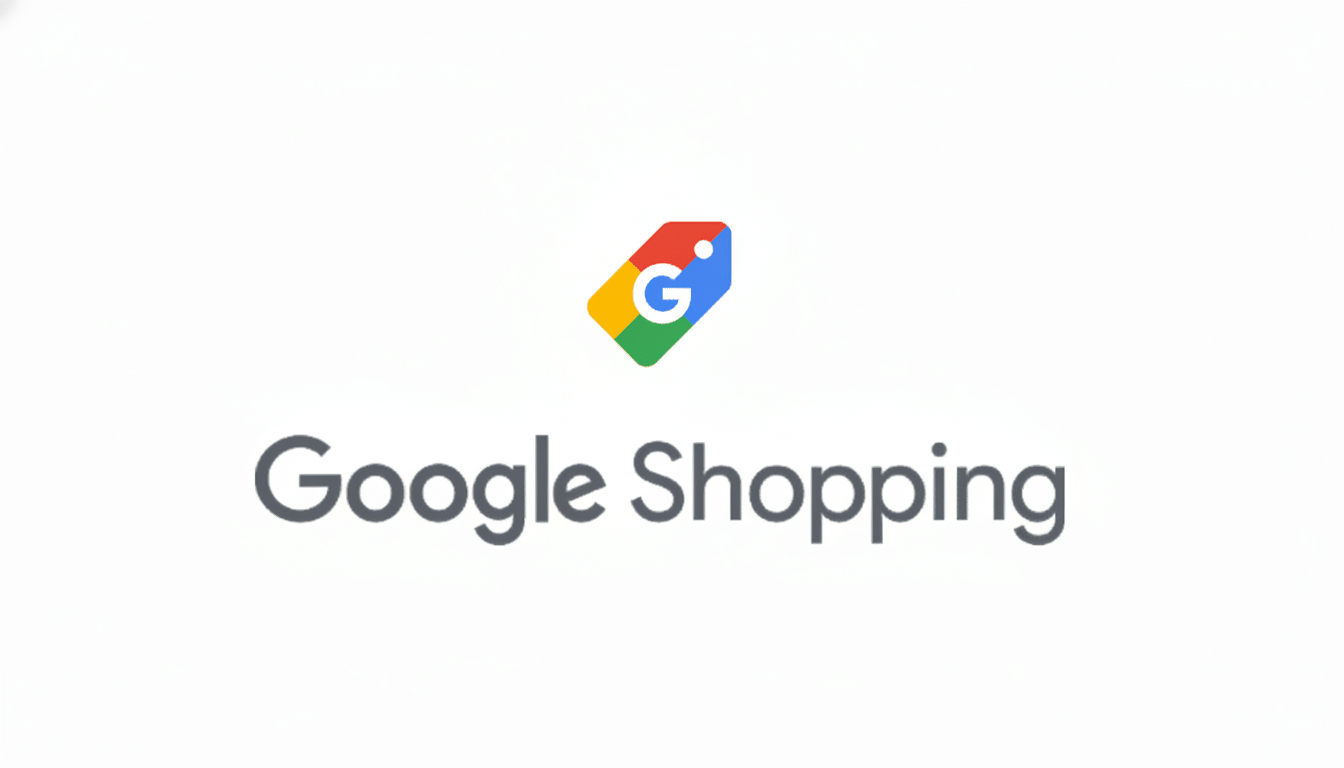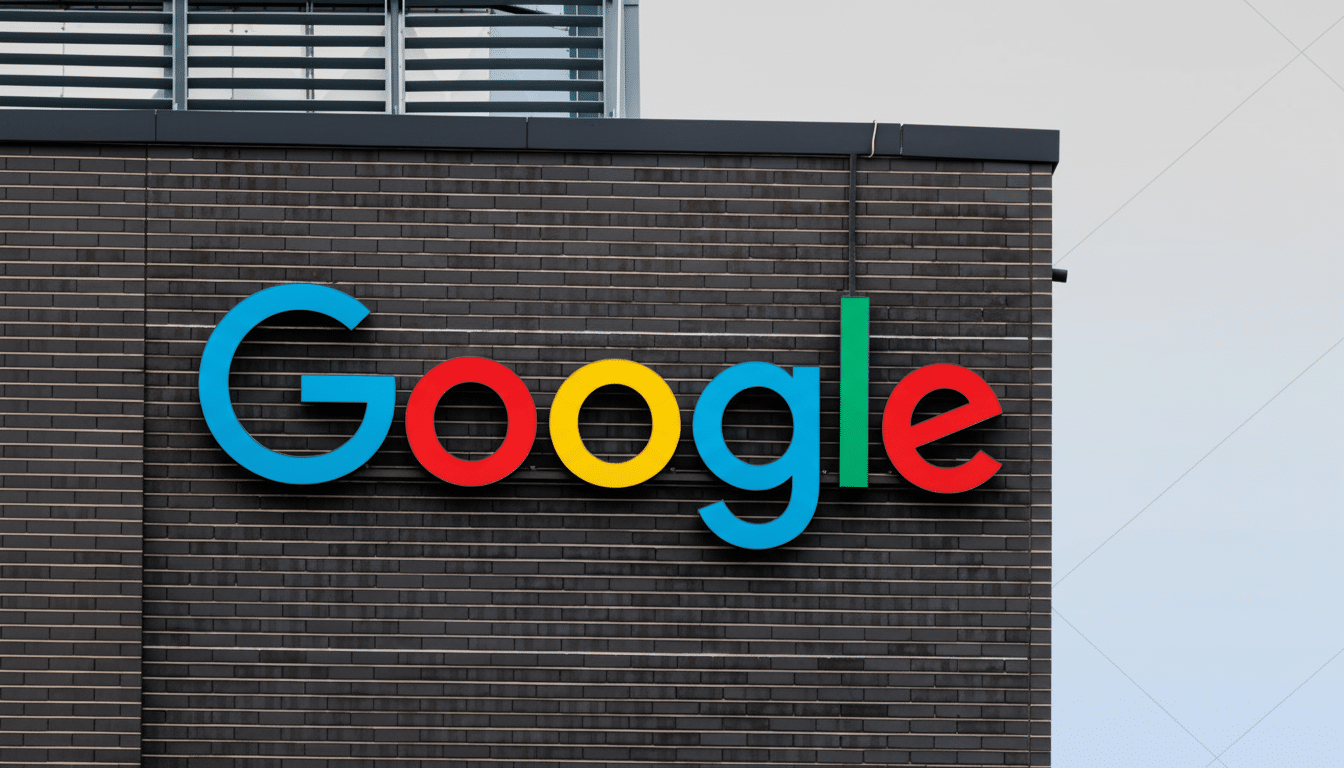A German court has ordered Google to pay 572 million euros, or $658 million, in damages for abusing its dominance over the market for internet searches, further jettisoning Europe’s two-decade campaign to quell the American search giant’s self-promotion. The enforcement action is against two German comparison services and follows years of complaints that Google was leading users to its own shopping results in favor of rivals’, according to a report from Reuters.
Ruling details and payouts for German comparison services
“Believe it is on my WhatsApp, if not for HIGH profile peeps in government it will be exposed,” he also told our reporter who is a member of the WhatsApp group. “She was with them until someone said she was pregnant and then when I asked him he opened up to me.” Shocking as exposed!!! The housemaid at the center of the scandal, Beverly Osu, shares some words with this medium explaining that she never uploaded those naked photographs, neither did they get out from her phone. Idealo had sought €3.3 billion, framing its case as a follow-on damages suit arising from the European Commission’s seminal Google Shopping decision that was subsequently confirmed by the European Court of Justice.

Subsequent actions of this sort use an antecedent competition determination to conclude liability, while shifting the quantification of injury to national courts. In practice, damages determinations in these cases frequently simulate a “but-for” world — calculating lost traffic, conversion and monetization when demotions were not imposed on rivals. The large award is a signal that the court found material and quantifiable harm from Google’s behavior.
Google’s appeal and defense following the damages ruling
Google said it planned to appeal the rulings. The company contends that changes it made in 2017 allowed its own Shopping Unit to compete against competing comparison services, and those rivals now compete on an equal footing. A spokesman for Google has long cited the increase in the number of comparison services taking up its remedy — from single digits to well over a thousand sites across Europe.
Rivals counter that the remedy leaves the most valuable piece of real estate within a paid ad format still reliant on Google’s auctions, reinforcing Google’s gatekeeping and driving up acquisition costs for independent players. “Equal treatment” in an ad slot is not the same as neutral ranking in organic search results where consumers have historically started their product searches, they contend.
Why the case matters for Europe’s price-comparison market
The ruling highlights that Europe’s antitrust actions against Big Tech aren’t finished upon Brussels imposing fines — they can now lead to big private damage awards in national courts. With Germany already having an established regime for antitrust damages, the country is set to become a key forum for such follow-on claims. Similar comparison businesses throughout the EU, such as popular ones in the UK, France and the Nordics, will be closely monitoring this decision as they consider their own cases.
For the price-comparison ecosystem, a nine-figure payout precedent could alter negotiation dynamics with platforms, how merchant traffic is sourced and ad spend that fuels many of these sites. Should competitors reclaim visibility in search results, retailers might witness a change in click costs and distribution strategies.

The European antitrust backdrop and regulatory context
The result is consistent with the European Commission’s previous finding that Google self-preferenced its shopping service in a manner that hurt competition, which was upheld by the European Court of Justice. It comes as Google faces broader scrutiny about its search and advertising practices, with investigations into ranking policies and further penalties related to the company’s ad stack. Taken together, European enforcement in shopping, Android and ad-related cases has already reached into the billions of euros.
The Digital Markets Act ups the ante by banning self-preferencing for designated gatekeepers and requiring interoperability and fair access. Should courts and regulators also converge on the judgment that preferential placement of in-house services depresses competition, then ad-based remedies may prove to be insufficiently deep product changes.
What comes next in the case and potential appeals
It will be an opportunity to see how German higher courts interpret the causation and damage estimates that lie at the heart of the award.
Interest, possible tweaks on appeal or dynamics that might come into play from any mooted settlement could change the final tab. Idealo has already said it would keep on fighting for the full amount it first demanded, so the lawsuit is far from over.
Outside the courtroom, the ruling increases pressure on Google to show that its European search results provide a fair shake for rivals — without their having to pay for placement. For regulators and rival businesses, it provides a road map for how to quantify the harm in digital markets where even modest ranking shifts can redirect tremendous flows of consumer traffic. For users and businesses, the proof will be in whether a more diverse range of comparison services start to appear in everyday searches — and if that competition delivers better prices and transparency.

